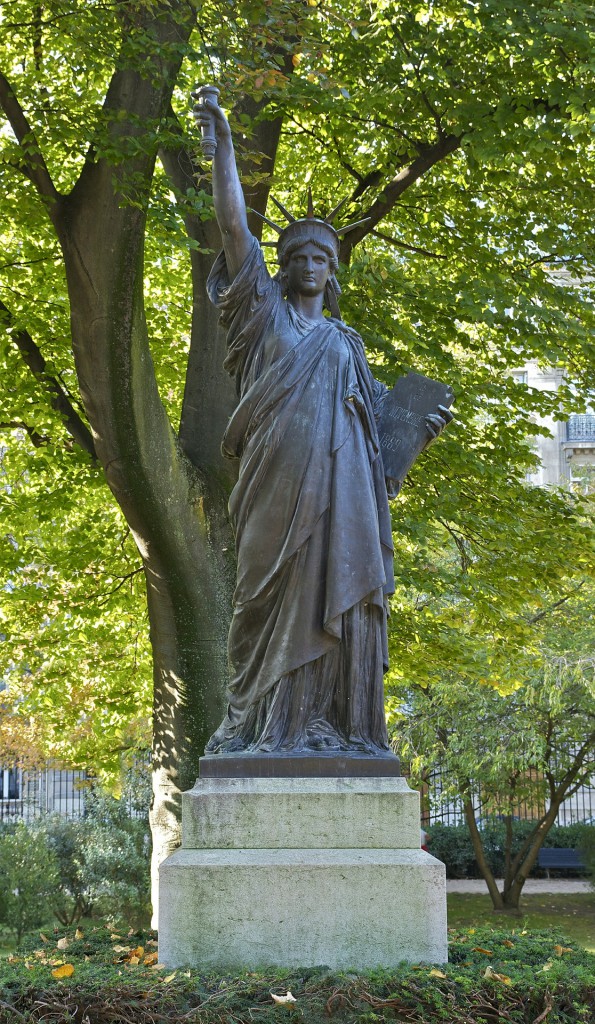University of Luxembourg
 The University of Luxembourg, a multilingual, international and research oriented university, is the national university of the Grand Duchy of Luxembourg. 650 professional experts support the 190 professors, assistant professors and lecturers in their teaching and research. Around 6000 students come from 100 countries (2012) and have a mandatory period of mobility in another country as an integral part of their studies. Thus, the UL is truly international. The Faculty of Language, Language and Literature, Humanities, Arts and Education (FLSHASE), in which diverse project partners work, is one of the UL’s 3 faculties and 2 interdisciplinary research centres.
The University of Luxembourg, a multilingual, international and research oriented university, is the national university of the Grand Duchy of Luxembourg. 650 professional experts support the 190 professors, assistant professors and lecturers in their teaching and research. Around 6000 students come from 100 countries (2012) and have a mandatory period of mobility in another country as an integral part of their studies. Thus, the UL is truly international. The Faculty of Language, Language and Literature, Humanities, Arts and Education (FLSHASE), in which diverse project partners work, is one of the UL’s 3 faculties and 2 interdisciplinary research centres.
The research unit Education, Culture, Cognition & Society consists of six interdisciplinary institutes and is home to over 160 people. Educationalists, neuro-scientists, anthropologists, linguists, psychologists, historians, sociologists and IT experts are working on different research topics such as curriculum and policy studies,
teacher education, cognitive development and learning processes, migration and multilingualism in school and Higher Education as well as learning processes across the life span. A particular emphasis lies on education in socially, linguistically and culturally diverse societies. Luxembourg has traditionally been a trilingual country and it counts by far the highest number of resident foreigners in the EU, hailing from the EU and non-EU countries. This challenging reality affects among others language use, language learning, social cohesion and the construction of identity.
The Institute for Research on Multilingualism focuses on the study of multilingualism in schools, higher education, and professional settings. One of the effects of globalization is the internationalization of universities worldwide. At European level the Bologna process foresees a borderless and democratic European Higher Education Area. In terms of languages of instruction, universities are either maintaining their local language or introducing English, whereas the University of Luxembourg in its mission statement emphasizes the significance of multilingualism and mobility as characteristics of the European university of the future.
Website: www.uni.lu
